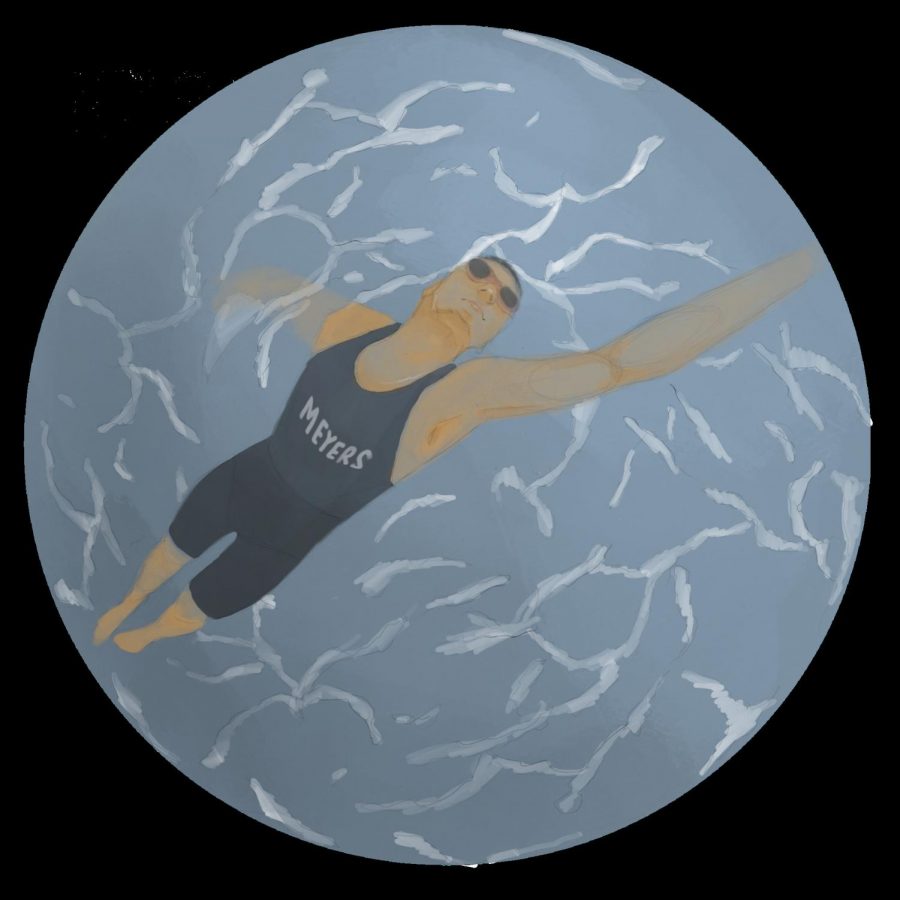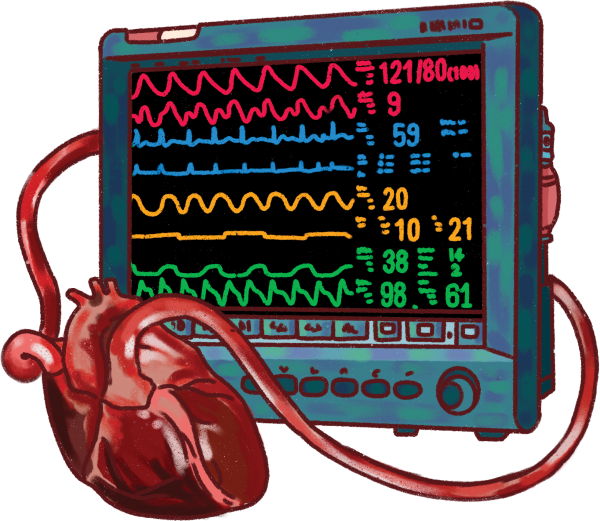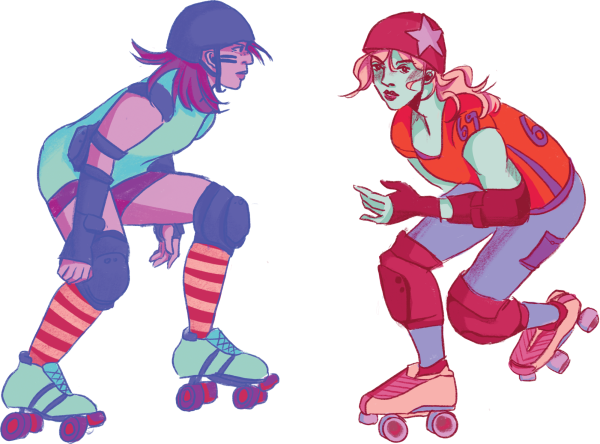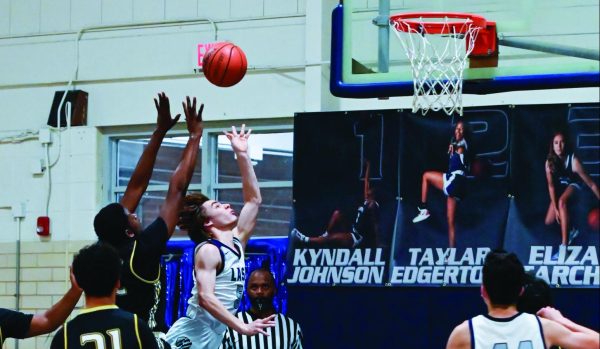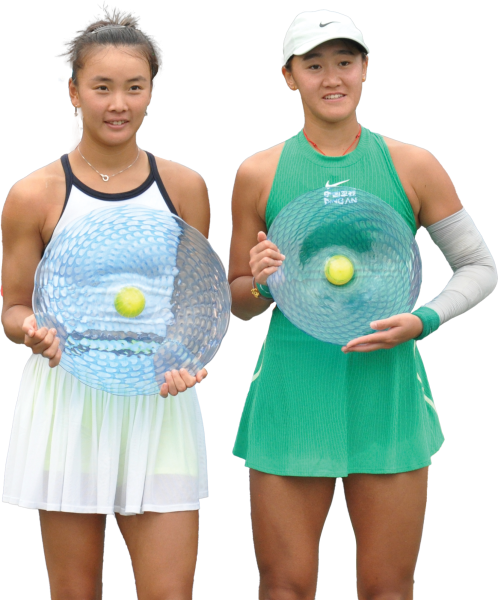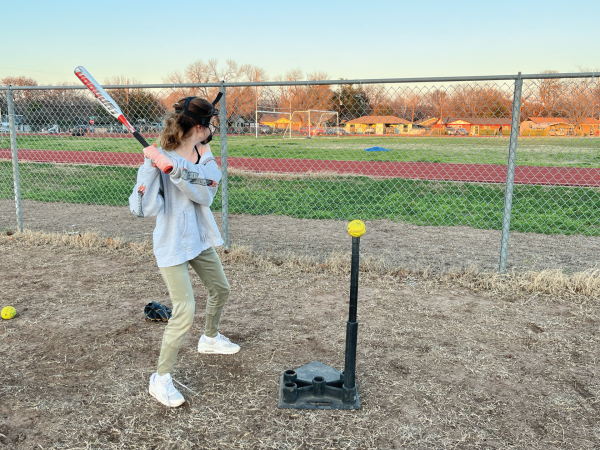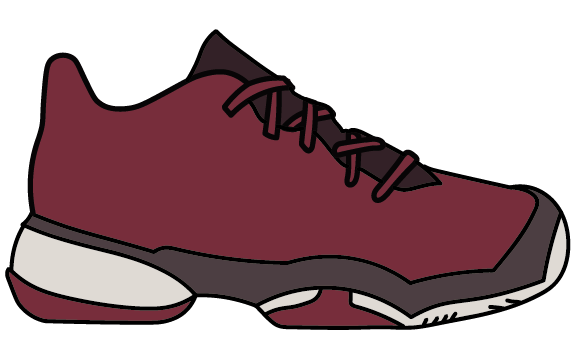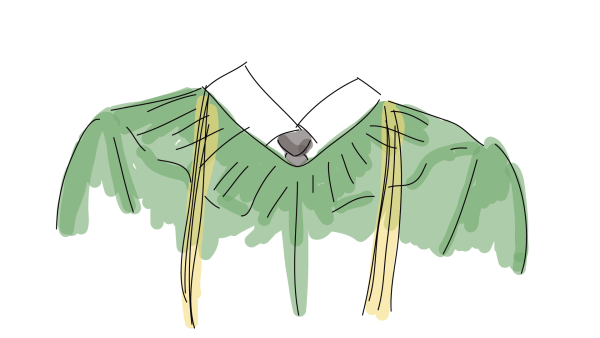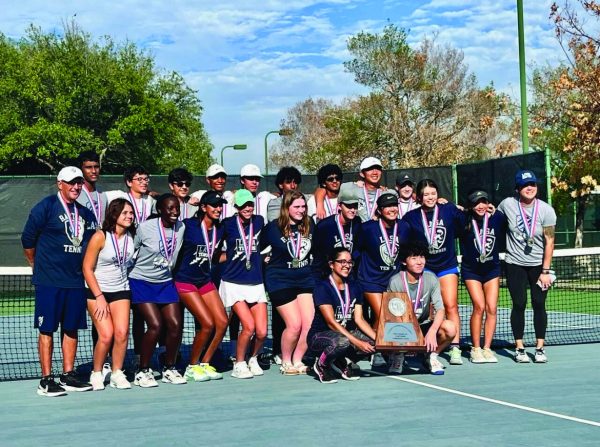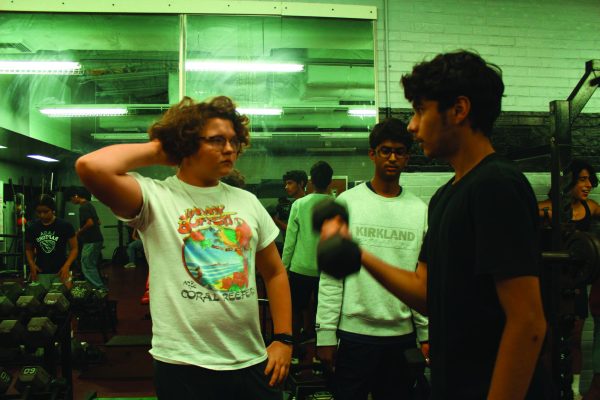Editorial: The Paralympian Accommodation Deficit
October 15, 2021
The Olympics and Paralympics returned in 2021 after their 2020 cancellation, providing a source of hope and a goal to work towards for athletes. From Aug. 24 through Sept. 5, 2021, Tokyo hosted the Paralympic Games.
The Paralympics are international athletic competitions similar to the Olympics, but for athletes with both physical and mental disabilities. The mission statement from the International Paralympic Committee (IPC) is to “enable Paralympic athletes to achieve sporting excellence and inspire and excite the world.” For this year’s games, the IPC had to limit the amount of people in attendance due to COVID-19 precautions.
Paralympians usually attend the games with a Personal Care Assistant (PCA) to assist them with their daily tasks. These PCAs are usually a trusted family member or a hired assistant. In previous years, the United States Olympic and Paralympic Committee (USOPC) would pay for and accommodate these PCAs, but this year it was announced athletes could not attend with guests, and there would be a designated PCA at the Olympic Village. There were some exceptions, but the vast majority of athletes were denied a PCA.
Swimmer Becca Meyers is an accomplished athlete who won three gold medals in the 2016 Rio Paralympics and a silver and bronze medal in the 2012 games. Meyers was born with Usher Syndrome, a rare genetic disease that left her deaf and partially blind. When selected for Team USA, she was initially excited until her mother, who normally acts as her PCA, was denied from attending. After being informed that there would only be one PCA for 34 blind paralympic swimmers, Meyers withdrew.
Meyers spoke from her personal experience about previous Paralympic Games where her mother was not in attendance. She talked about how scared she was when she was expected to navigate an unknown Olympic Village in a foreign country at the 2012 games while being deaf as well as visually impaired.
In an interview with “Swimmer’s World”, Meyers said, “I haven’t been sleeping. I’m so stressed. My training started to suffer because of this situation, and I just haven’t been able to be the best I can be. I know I can be the best I can be with the resources I need. It’s worked for the last four years.”
Many athletes who were left without PCAs and other resources shared their experiences similar to Meyers’ stories of suffering and anxiety-inducing experiences. Having needs be ignored by the IPC is not an uncommon experience.
Similar to Meyers, Team USA track athlete Kym Crosby was born with albinism, leaving her legally blind. Crosby was denied her guide dog as a guest at the 2021 Paralympics. She didn’t withdraw, but had to face airports and travel without her dog that she had previously always relied on in those situations.
Meyers’ situation is not uncommon: many Paralympians have gone through similar experiences. Athletes that were permitted a PCA at the 2021 games had to pay for their travel and accommodations, which had been paid for by the USOPC in the past. If the athlete was under the age of 18 or had an intellectual disability, they were exempt from the USOPC restrictions and allowed to bring a chaperone. But unlike previous years where guests were covered by the USOPC, chaperones also had to be paid for entirely by the athlete. A large number of athletes and their families started GoFundMe’s to be able to pay for their PCA or chaperone’s travel to Tokyo with them, and others had to drop out completely.
It’s difficult to be equitable in these situations and give everyone what they need, especially when it comes to safety, because each athlete’s needs are different. A line has to be drawn somewhere, and rules have to be made for COVID-19 precautions. But in this instance, when it comes down to being able to navigate and manage travel and the Olympic Village, it is inexcusable to deny athletes with physical and mental disabilities the help that they ask for and deserve.
In the Olympic Village, having one PCA for 34 visually impaired athletes is not going to enable the athletes to thrive and perform at their best in the games. If we want athletes to perform their best and succeed, and if the USOPC can’t provide athletes impaired athletes with the tools they need, maybe it would have been better to postpone the games rather than subject athletes to this treatment, or rather, lack of treatment.
COVID-19 makes navigating travel and the Olympic Village more difficult than ever before, so athletes need more support, not less. It’s not fair to switch the assistance Paralympians receive right now. It’s not just about performing well at the games, it’s also about the safety and mental health of the athletes. Nobody deserves to experience what Meyers went through at the 2012 games, feeling alone and anxious without the resources she needed. COVID-19 has complicated the USOPC’s decisions about allowing PCAs into the games.
While measures should be taken to ensure the safety and health of all athletes, there were other ways this could have been done that would have also allowed athletes to receive the support they needed. Spectators could have been limited in the stands or teams could have been cut down, but taking away PCAs and resources Paralympians depend on is doing an injustice to the athletes who have worked so hard to get to the games. Team USA’s athletes deserve support and assistance, and it’s time we start working towards making that happen.

